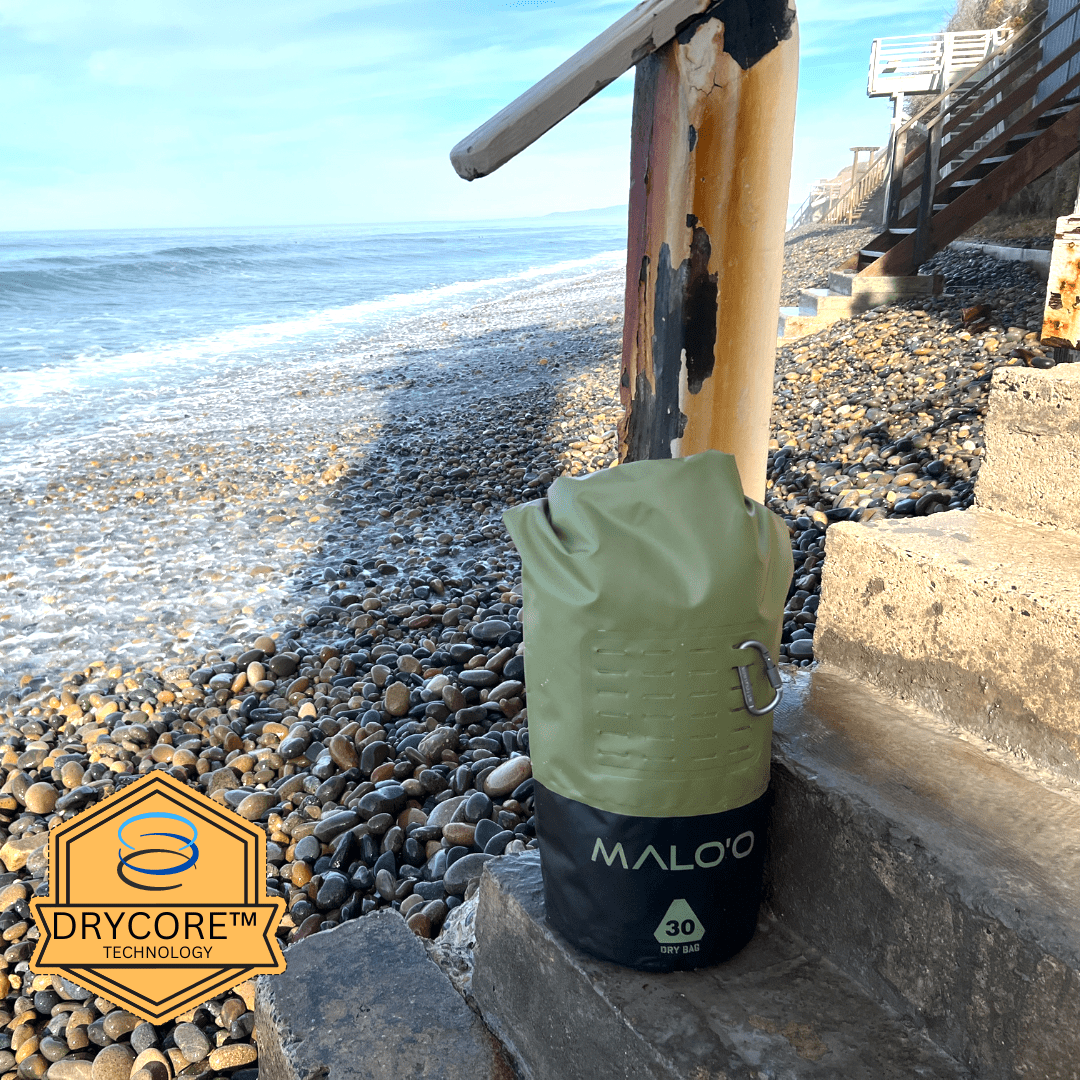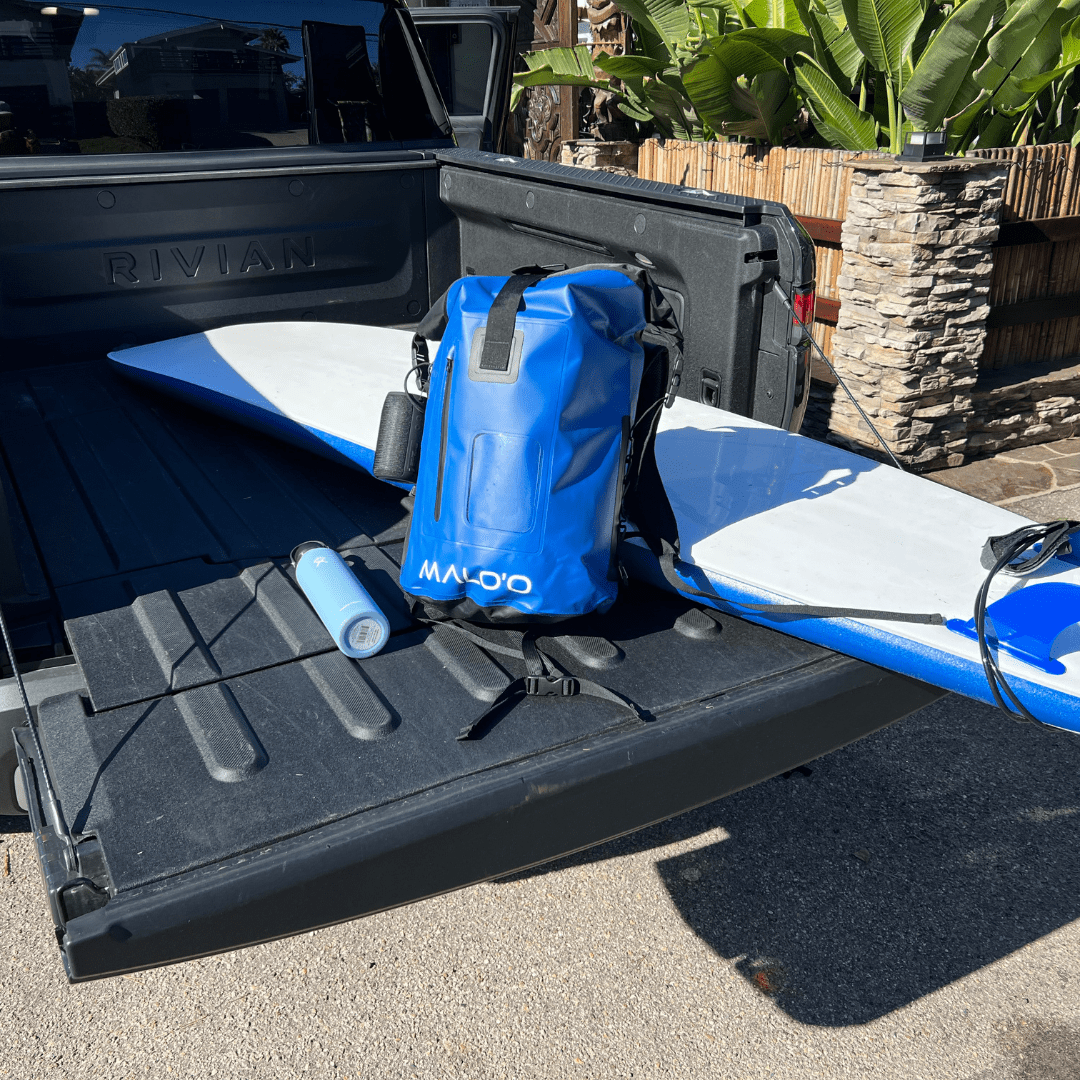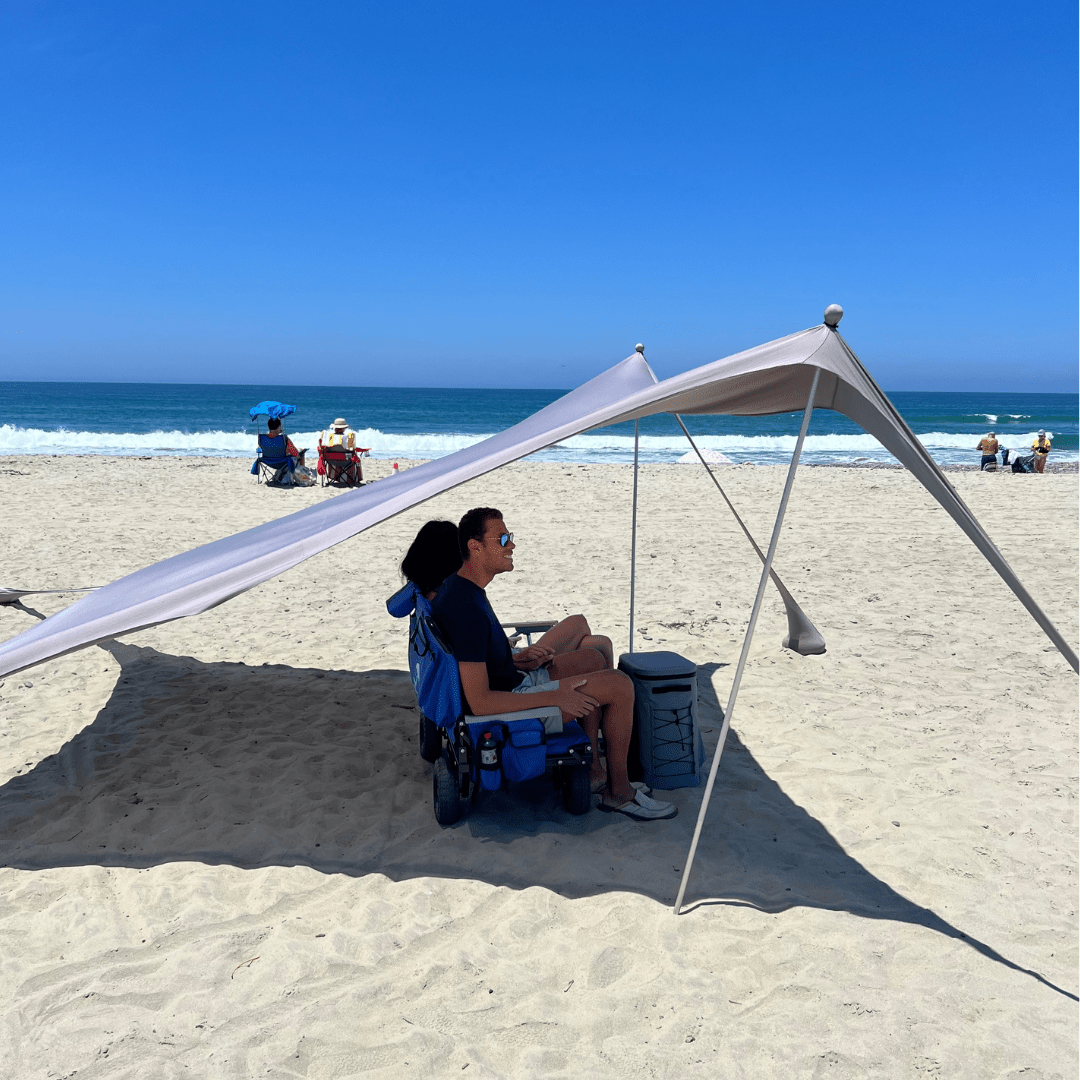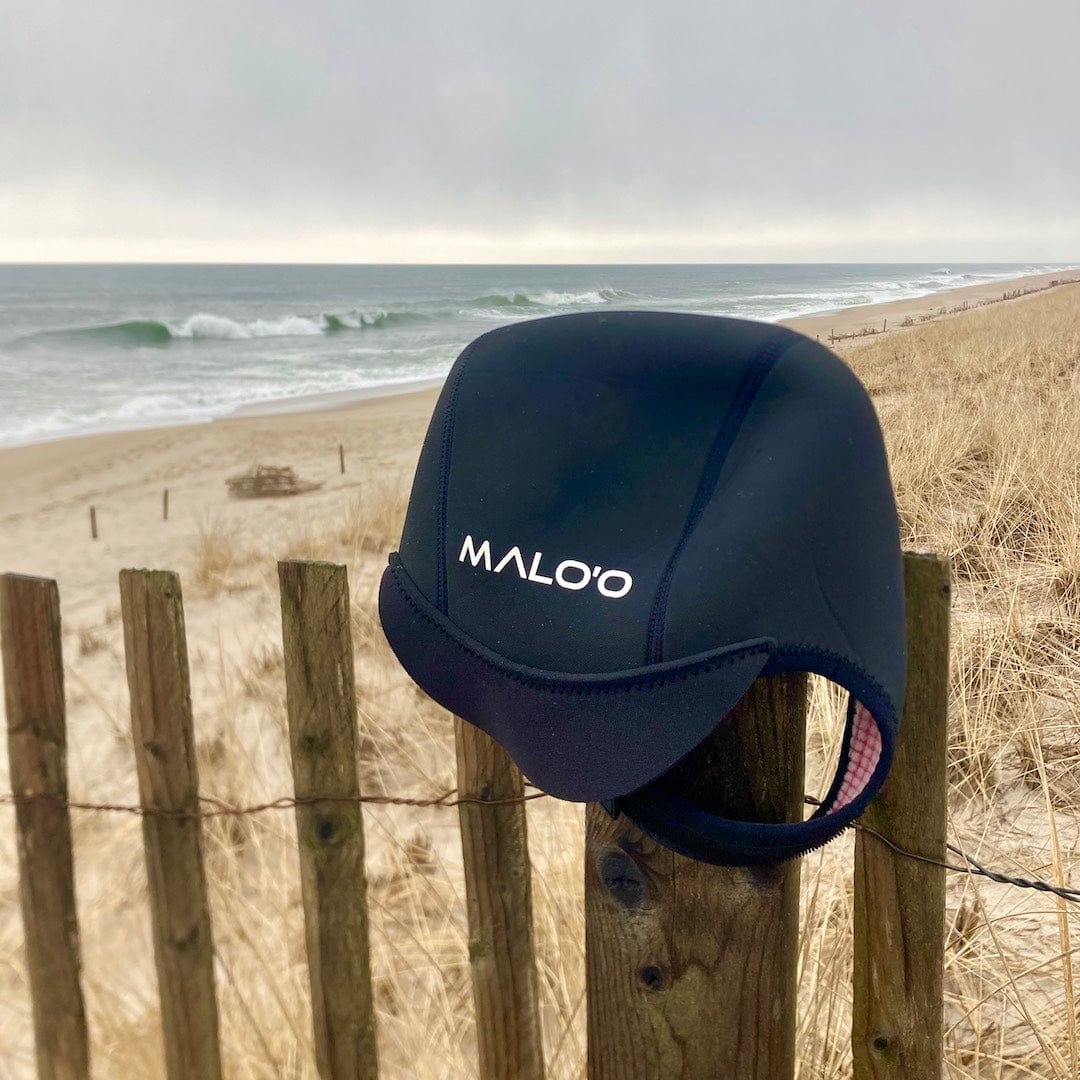Fellow Kickstarter & Indiegogo Entrepreneurs, we wish you great success with your campaigns, and we hope you do not experience what we did.
In July of 2020, we launched our latest product, The Lounge Wagon, on Kickstarter. It was very well accepted, and we reached our funding goal in 24 hours and went on to 691% of the funding goal. The Lounge Wagon was not our first Kickstarter but one that we should be ecstatic about, right?
We would have been if it was not for scammers. The scammers stole our content off Kickstarter. They lifted our pictures, videos, and story to create ten or more different websites selling our Lounge Wagon for $30! Imagine people's reactions when they saw our Patented Lounge Wagon with backer rewards starting at $140 for just $30.
We had been marketing our Kickstarter Campaign through our email lists, social media, and paid ads on Facebook. Guess what? The scammers started running ads on Facebook, right alongside ours. They even used our same ad copy. What? How can this happen? They were infringing upon our copyright and trademarks, and we knew they had no intention of delivering a product similar to ours, as the costs are far higher than what they are charging.
What is a Brand to do when encountering this explicit brand impersonation and copyright and trademark infringement from unknown parties? Here are the steps we took:
1) Contracted with DNCA to "Take Down" fraudulent sites, but they were in foreign countries, and there was nothing they could do about it.
2) We reported every page and ad we saw on Facebook to Facebook and asked anyone that saw the ads and pages to do the same.
3) We reported copyright and trademark violations to Facebook through their online portal https://www.facebook.com/help/contact/634636770043106. However, it was several weeks before we received an unsatisfactory form letter response. We even contacted our advertising contacts at Facebook to see if they can help. They even said no. They directed us to fill out the forms we had been filling out.
4) Then, we placed posts on our page and our social media community to beware of this activity.
We still don't know if Facebook did anything, as they did not communicate with us. Although on one Trademark violation complaint, they responded with: "Thanks for your response. For the reasons we previously stated, we're not in a position to act on your report. If you haven't already done so, you may wish to reach out to the party responsible for posting the content to resolve your issue with them directly."
We still have no idea what "previously stated" means as we didn't have any other communications from them. I found it interesting that they expect us to resolve the issue with the people who stole our content and impersonated our brand? We took the time and gave Facebook detailed information on the pages and ads that were doing this, and from what we received back, we can only assume a human never read the submission.
Tough right? Especially for a small company. Well, it gets worse! After Kickstarter, we moved to an Indiegogo campaign, as we still had a lot of people interested in pre-ordering. However, enough time had passed for the first people to realize they had been scammed, and we were running our Indiegogo campaigns now. So, what happened?
The folks who purchased something from the scammers saw our legitimate ads and started making comments on our ads that we ripped them off. Of course, they were confused. We responded to every comment and asked the person to check their receipts and please complain to the company they bought from, as it was not us. Many understood, but others didn't and wanted to blame us for their $30 loss. Some were very, very vocal and tried to blame us for anything wrong on Facebook or e-commerce in general.
A nightmare, right? We've been in business five years, the founder has 35+ years running significant corporations, and we have an excellent customer base. We reached out to 2 public relations agencies and asked them if they have ever seen anything like this and what we should do. No one had a great plan to deal with
Scammers do extreme harm to a small brand like ours and what they do to consumers undermines all e-commerce companies' reputation. In this day and age, where almost 2 Billion people have used online commerce, shouldn't there be a way to stop scams like this?
Yes, there should be, and we should call upon all Publishers that accept ads from 3rd parties to verify their advertisers' identity. I ask that Facebook and Google lead this effort to protect consumers from unscrupulous operators. The review of age-restricted material, text on an image, and Facebook mentions are not enough. Any real brand on Facebook and Google should have their presence monitored on the platform, and others should not be allowed to use it without permission. Advertiser certification won't stop evil people from doing what they do, but it will be the right step in letting consumers know what places are safe.
Here are the actions we took that hopefully will help you if faced with this situation:
1) We joined the Better Business Bureau. we provided all our information, they did verification, and we added the seal to our website
2) We expanded our story and let people know more about the founder, background, and history of the company
3) We a concentrated effort to have our customers vouge for us. We implemented YOTPO reviews and added them to every product page.
4) We informed our customers and social community that Kickstarter and now Indiegogo are the only places you can find the Lounge Wagon, besides our website.
5) We monitor our trademarks and copyrights daily. We have implemented automated tools, but also we go through Facebook and Instagram daily.
We are committed to increasing these efforts to rebuild our reputation and be outspoken in the need for advertisers' certifications on the world's largest platforms. We hope some of our actions will help you if you find yourself in a similar situation.
Mahalo,















